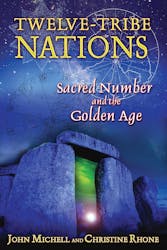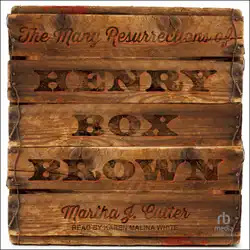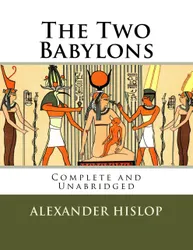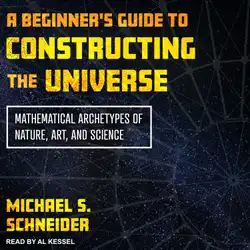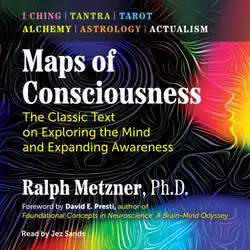The symbolism and power behind sacred locations in ancient and modern times
• Explains the need and role for ritual centers in modern society
• Examines ancient territorial centers in ancient Egypt, Greece, Africa and Asia, and Iceland and the British Isles
• Reveals the code of number and geometry behind the idealistic social structure of the ritual center, formed to imitate the heavenly order
Symbols of ritual centers are among the most persistent elements of myth and belief between cultures widely separated in time and space. Every tribe and state had its “generation center,” a sacred area within its heartland where its legendary founders gave birth to its people and established their laws. Within the inner sanctum of the sanctuary was an altar or pillar, the omphalos or navel stone, that marked the midpoint of the home territory and represented the world-pole on which everything revolved. It was the focus of a perpetual cycle of rituals and festivals that passed with the seasons around the country and held its people under the spell of a golden age.
In this book John Michell reveals the precise methods by which the ancients located the appropriate centers and adopted them as sanctuaries. The same principles of ritual geography in the siting of Akhenaten’s capital in Egypt and Megalopolis in classical Greece apply also to the traditional centers of small territories and islands. The rediscovery of these sites--such as the spot at the center of Ireland where the Celtic High Kings were installed--sheds new light on the ritualized order of prehistoric societies and the sacred, scientific code on which they were founded. These revelations from the distant past are of great significance in present times, for in them are the secrets of harmony on every scale, from the personal to the universal. Restoring the sacred center to its former place of prominence offers the possibility of a renaissance of human culture, ideally centered upon the image of a perfectly ordered Cosmos.




